
77,850
Oil & gas jobs filled globally
Employment services for the energy industry
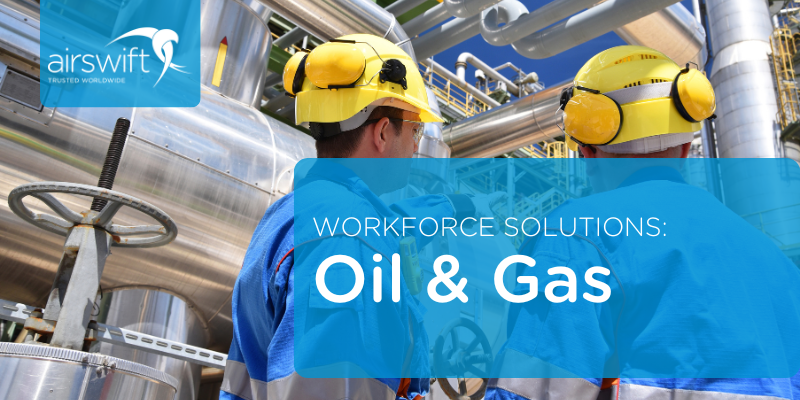

Employer services
Our team specialises in contract and direct hire recruiting, connecting businesses with top professionals. From filling long-term positions to scaling teams for short-term projects, Airswift delivers the right talent to support your company’s goals.

77,850
Oil & gas jobs filled globally

102
Countries where we have hired

55
Different disciplines we recruit for
For over 40 years, Airswift has partnered with leading exploration and production companies within the oil and gas industry. Airswift provides workforce solutions to onshore, offshore, natural gas production, gas companies, and energy sector clients across upstream, midstream, and downstream activities. We focus on sourcing and providing the talent and services that drive efficiency and innovation in safety-focused environments.
We have experience across the whole asset lifecycle: strategy, feasibility and concept selection, design, construction, installation and commissioning, operations and maintenance, life extension through to decommissioning. Our expertise includes production of oil and gas extraction activities, ensuring compliance with safety and regulatory standards.

Our client, a leading offshore energy operator, needed a Senior Electrical Construction professional for critical projects at the Sullom Voe Terminal. The role required expertise in reviewing E&I documentation, quality management, contractor audits, and vendor-led commissioning, with experience in transformer refurbishment, switchboard upgrades, and UPS/battery charger replacements.
We identified a skilled electrical engineer with extensive offshore oil and gas experience. The candidate streamlined audit processes, improved quality assurance, and integrated commissioning milestones, reducing project risk and ensuring safety and operational alignment. The client noted improved project cohesion and execution as a result of our recruitment.

We were engaged to source a Senior Drilling Engineer for a leading offshore gas operator in Qatar, responsible for managing complex development projects from concept to execution. The client required expertise in drilling program development, well control, and H2S well designs.
Our headhunting efforts identified a candidate with extensive offshore drilling experience, technical expertise in extended reach drilling, and a strong commitment to SHE standards. The engineer’s fluency in English and proficiency in industry software ensured smooth integration. On a 28/28 rotation, the candidate optimized drilling strategies, implemented innovative technologies, and improved operational safety and efficiency, supporting the client’s energy objectives.

We were tasked with sourcing a Diving Lead for a high-profile offshore gas project in Guyana. The role required offshore commercial diving expertise, adherence to global safety standards, and experience overseeing diving operations in the oil and gas sector, including knowledge of OGP/IMCA guidelines.
The selected candidate acted as the primary interface between the client and diving contractor, ensuring safety protocol compliance and providing real-time technical support. Their strong audit, incident investigation, and emergency response skills ensured safe, efficient diving operations, aligning with project timelines and international best practices.

Airswift is the staffing agency of choice for world-leading energy businesses, specialising in offshore oil workers and drilling equipment. With 60 offices worldwide, 1,000 employees, and 9,000 contractors, we offer unmatched global reach and access to a pool of talent with diverse experience levels.
Our connected infrastructure allows us to provide unique project insights and agile talent acquisition, ensuring that we can mobilise the best offshore drillers, gas producers, crane operators, and maintenance foremen for any project.
Whether you need experienced professionals for drilling equipment maintenance or are looking for skilled workers to handle hazardous chemicals, we’re ready to support your offshore projects with the best talent.

Airswift delivers top-notch energy professionals, essential equipment, and premier services for necessary projects, ensuring compliance and cost-efficiency throughout. Safety is paramount; we ensure every team member is well-trained for safe field operations. Our local supervisors uphold excellent contractor relations, optimising operations across diverse sites, including:
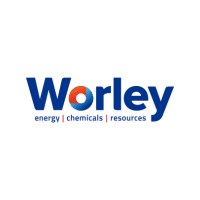
Worley
Client
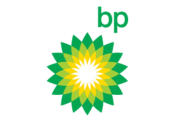
BP
Contractor
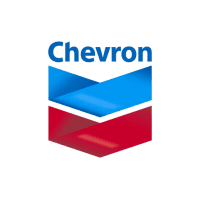
Chevron
Client
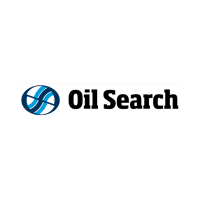
Oilsearch
Client
Our team has collaborated with globally renowned oil and gas companies, assisting them in sourcing the exceptional talent necessary to foster innovation and propel expansion.
Here are some of the major projects we've been involved in:






Our client needed to identify a company who could serve as a "one-stop shop", providing Global Employment and Mobility across seven locations.

Airswift supplied over 500 technical and 100 non-technical contractors for the Angola LNG processing facilities in Soyo, Angola.

Airswift delivered a full suite of Global Mobility services throughout the lifecycle of our client's project across the North Sea and United Arab Emirates.

Our client needed help supporting a large number of contract personnel due to their lack of presence in Port Moresby, Papua New Guinea. Find out how we helped.

Find your next role
Whether it’s natural gas or offshore oil production, we ensure top opportunities for talent globally, including in areas such as liquefied natural gas production, gas activity, and drilling operations. Airswift can help you find the right role for your career goals and skill set.

Airswift supports gas producers and petroleum resources with positions in key projects such as gas projects and development projects in hydrocarbon resources.
Contract
15 Dec 2025
Contract
15 Dec 2025
Contract
15 Dec 2025
Contract
15 Dec 2025
Contract
15 Dec 2025
Contract
15 Dec 2025
Contract
15 Dec 2025
Contract
15 Dec 2025
Kuala Lumpur, Malaysia
Senior Telecommunication Engineer
Senior Engineer Location: Kuala Lumpur, Malaysia Industry: Oil & Gas About ...
Contract
15 Dec 2025

GETI is an annual energy employment trends report focused on oil and gas, renewables, power, nuclear and petrochemicals.

FPSO vessels are a crucial element of modern offshore oil and gas projects. Read about the key projects in development in Asia.
.png?width=355&name=oil%20rig%20salaries%202%20(1).png)
Discover 2025 oil rig salaries, with top-paying roles and salary trends in the global oil industry.

What are the biggest employment trends for the traditional energy industry in 2025? Download the 2025 GETI report to find out.

Explore AI's impact on oil, gas, and power talent with insights from industry experts Ian Langley and Wenche Kjølås in this enlightening webinar.